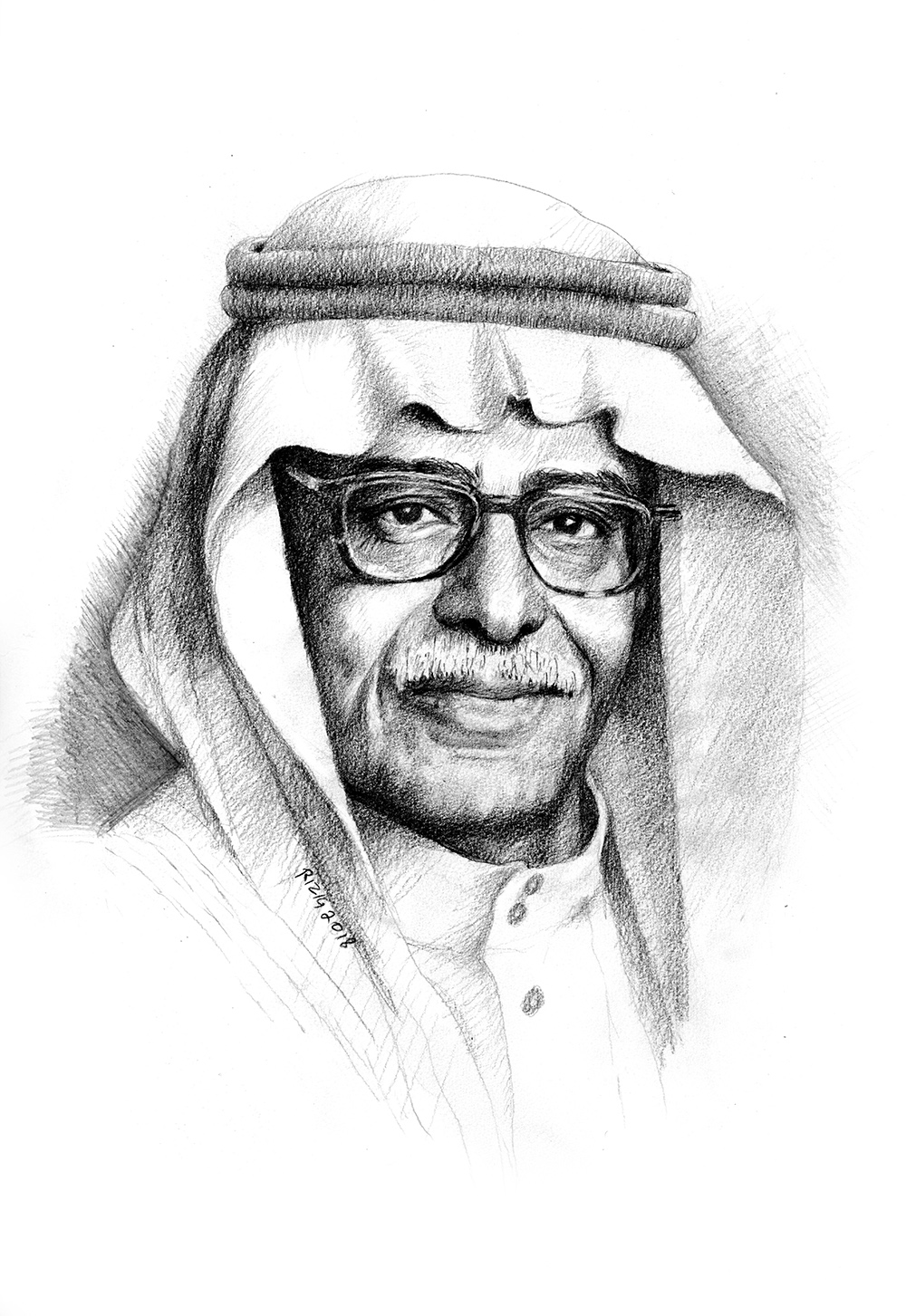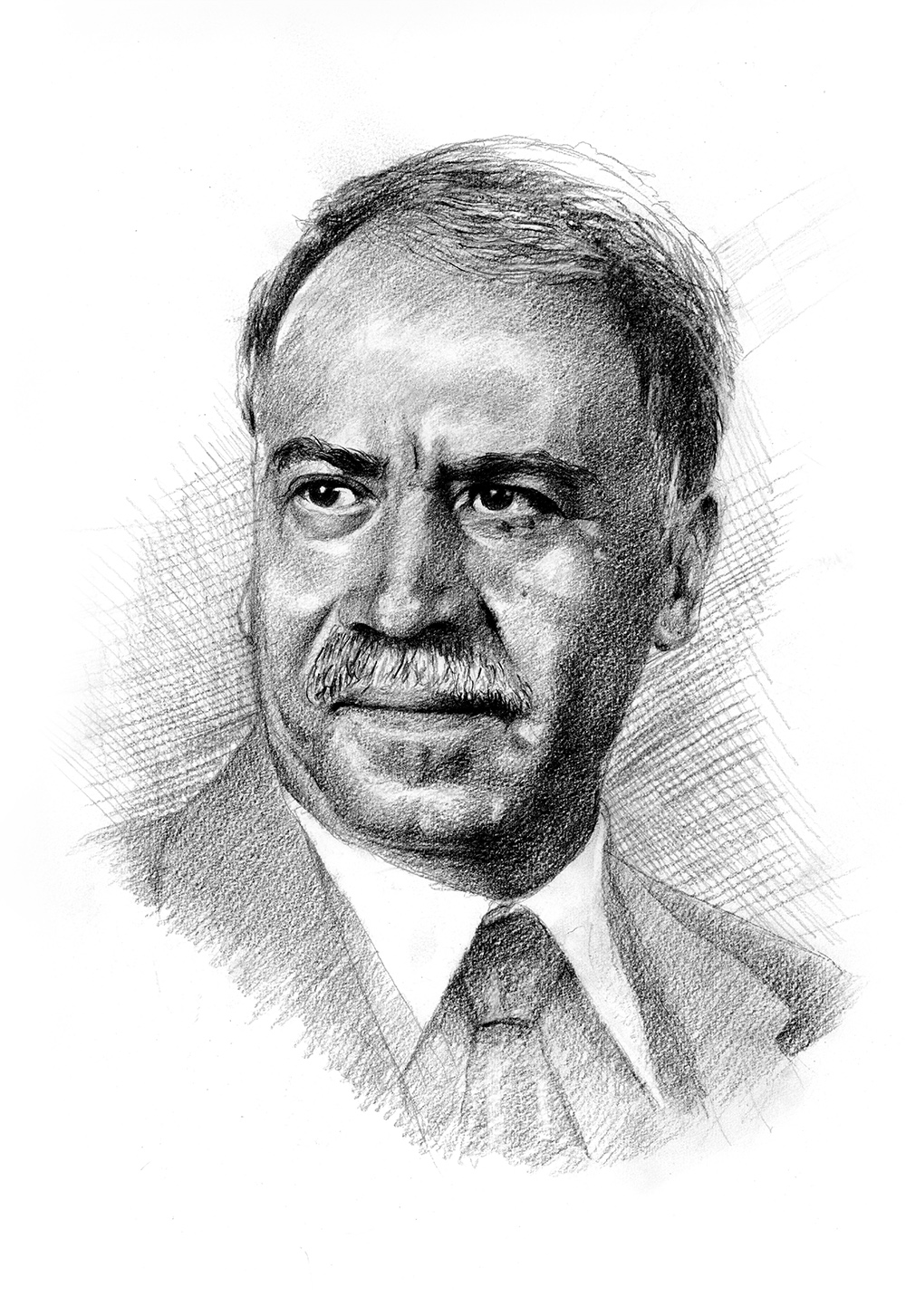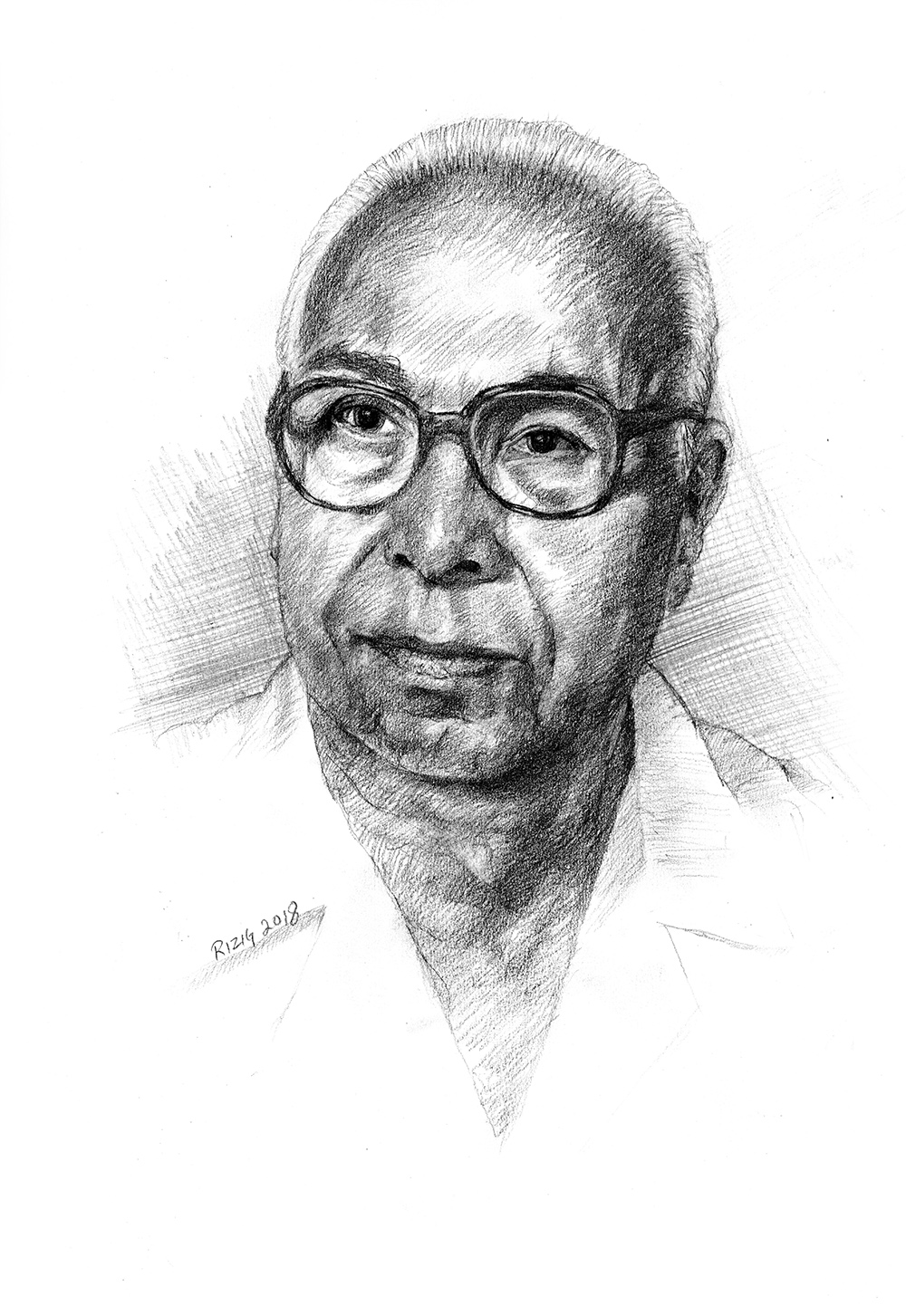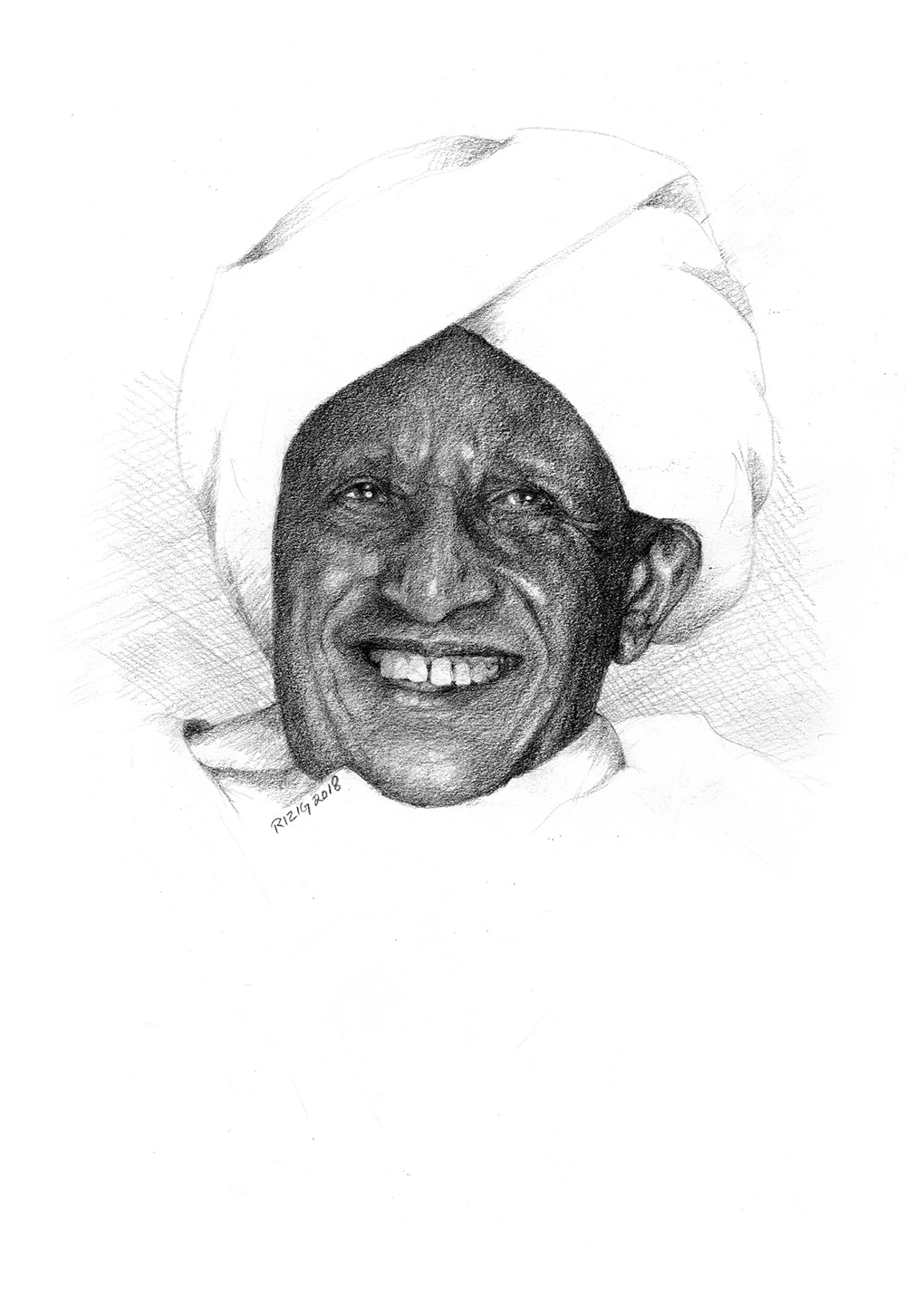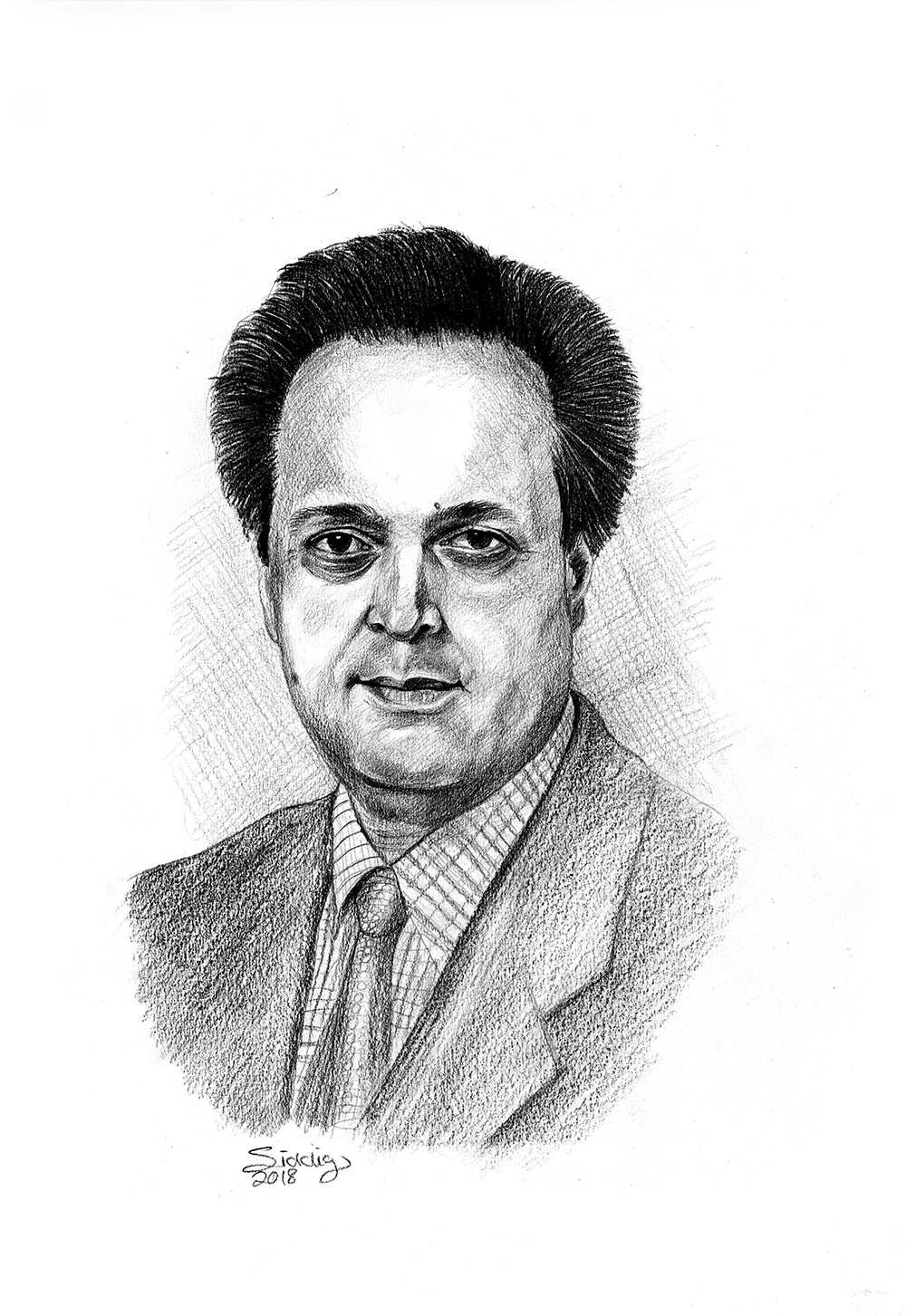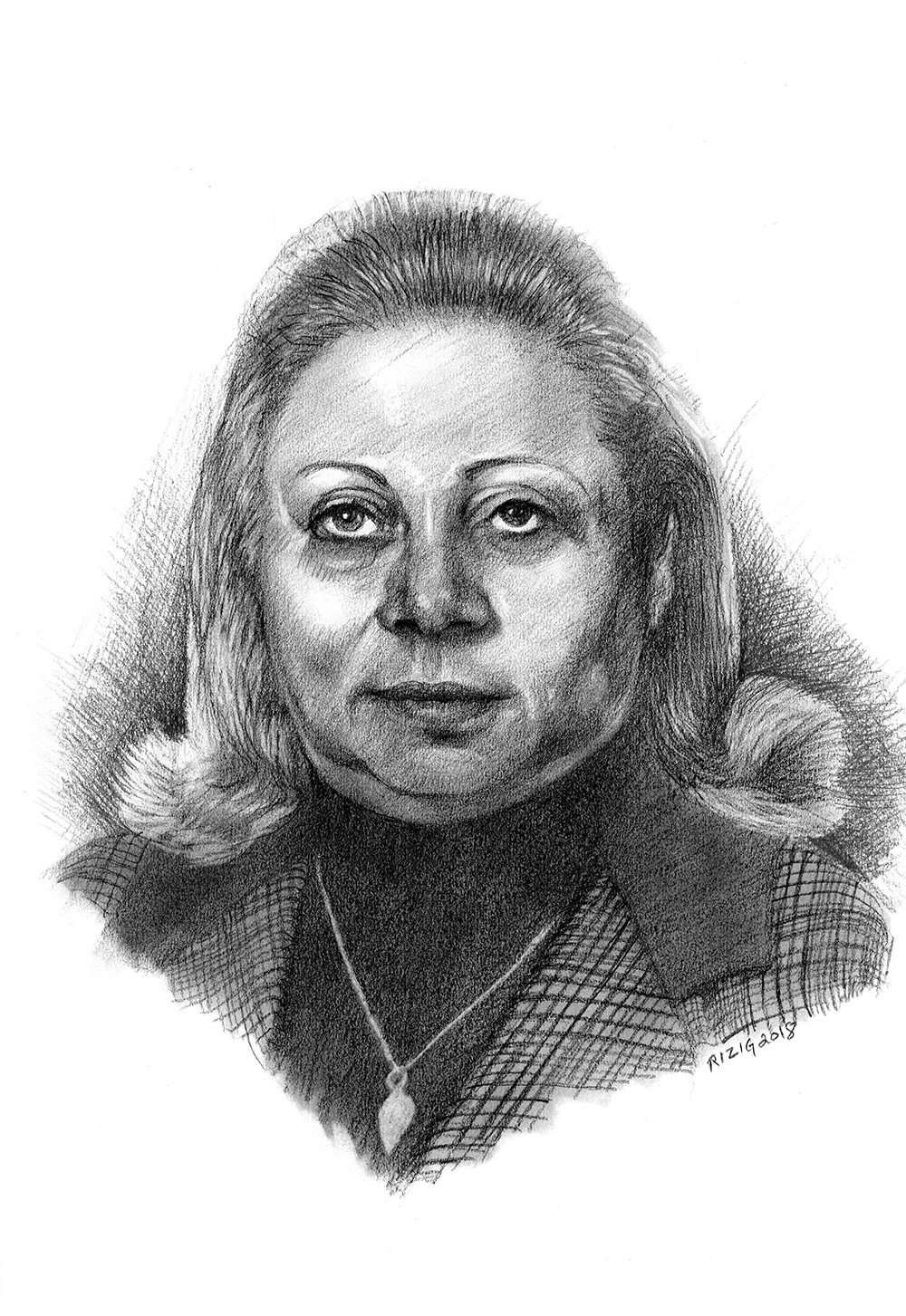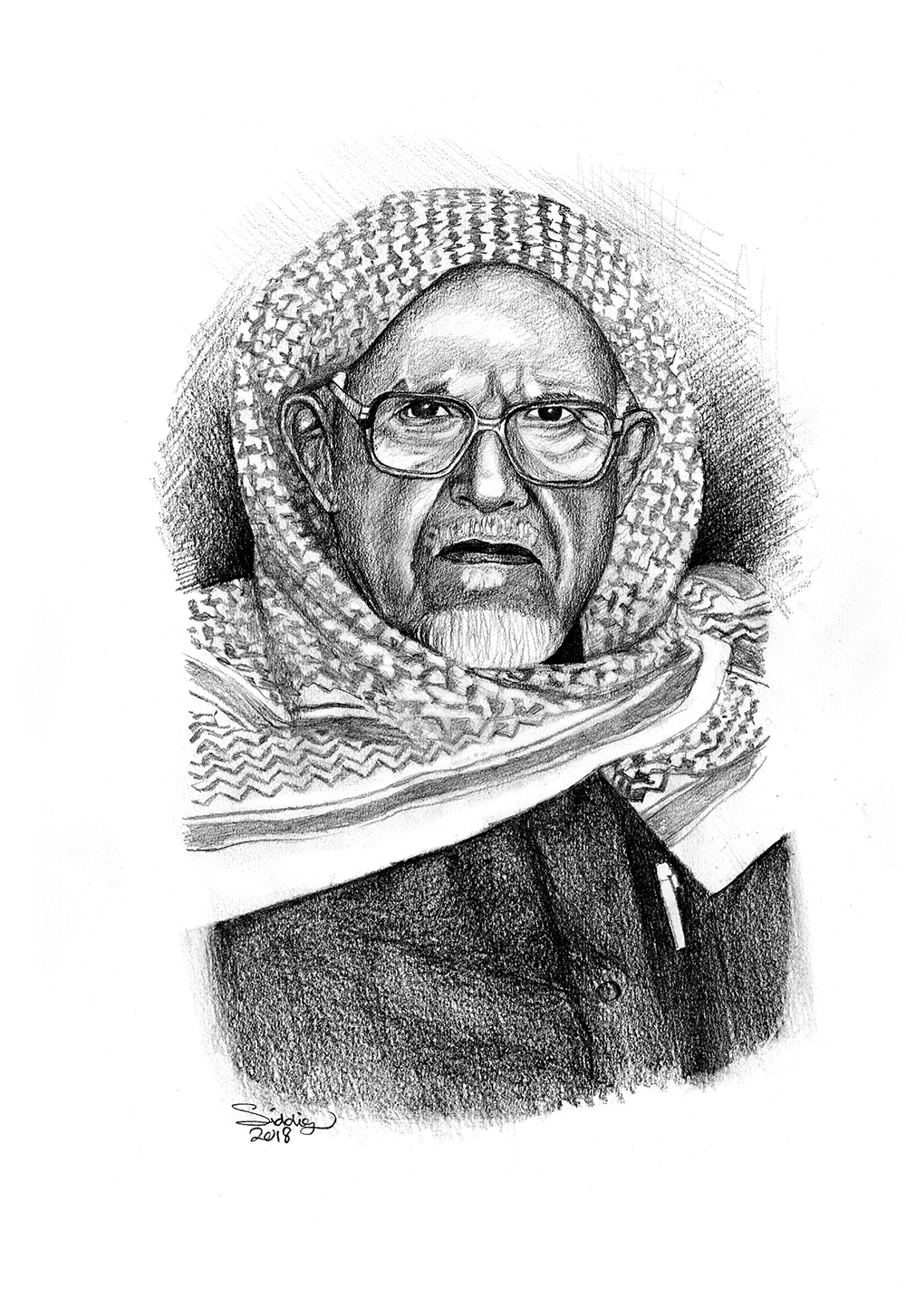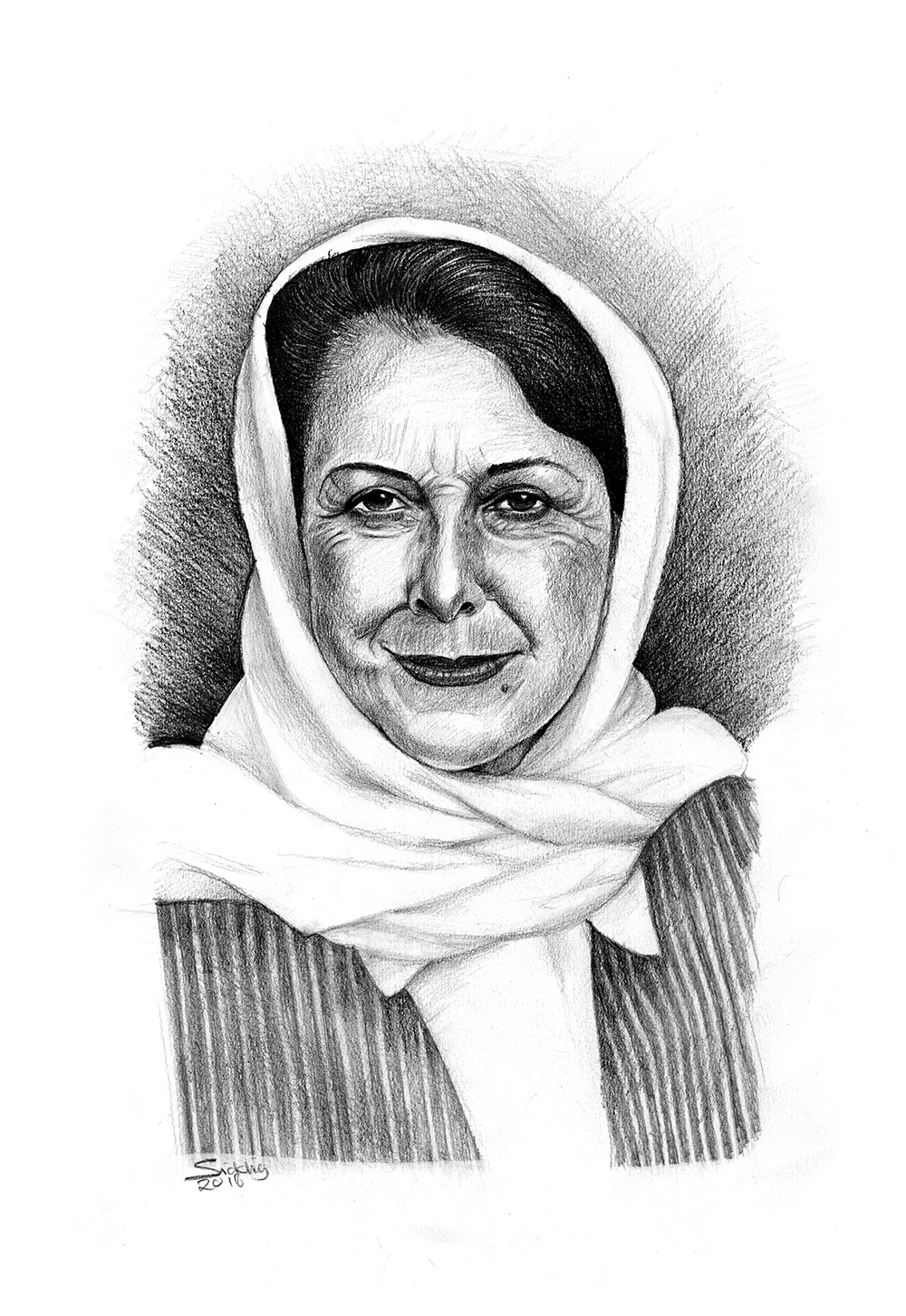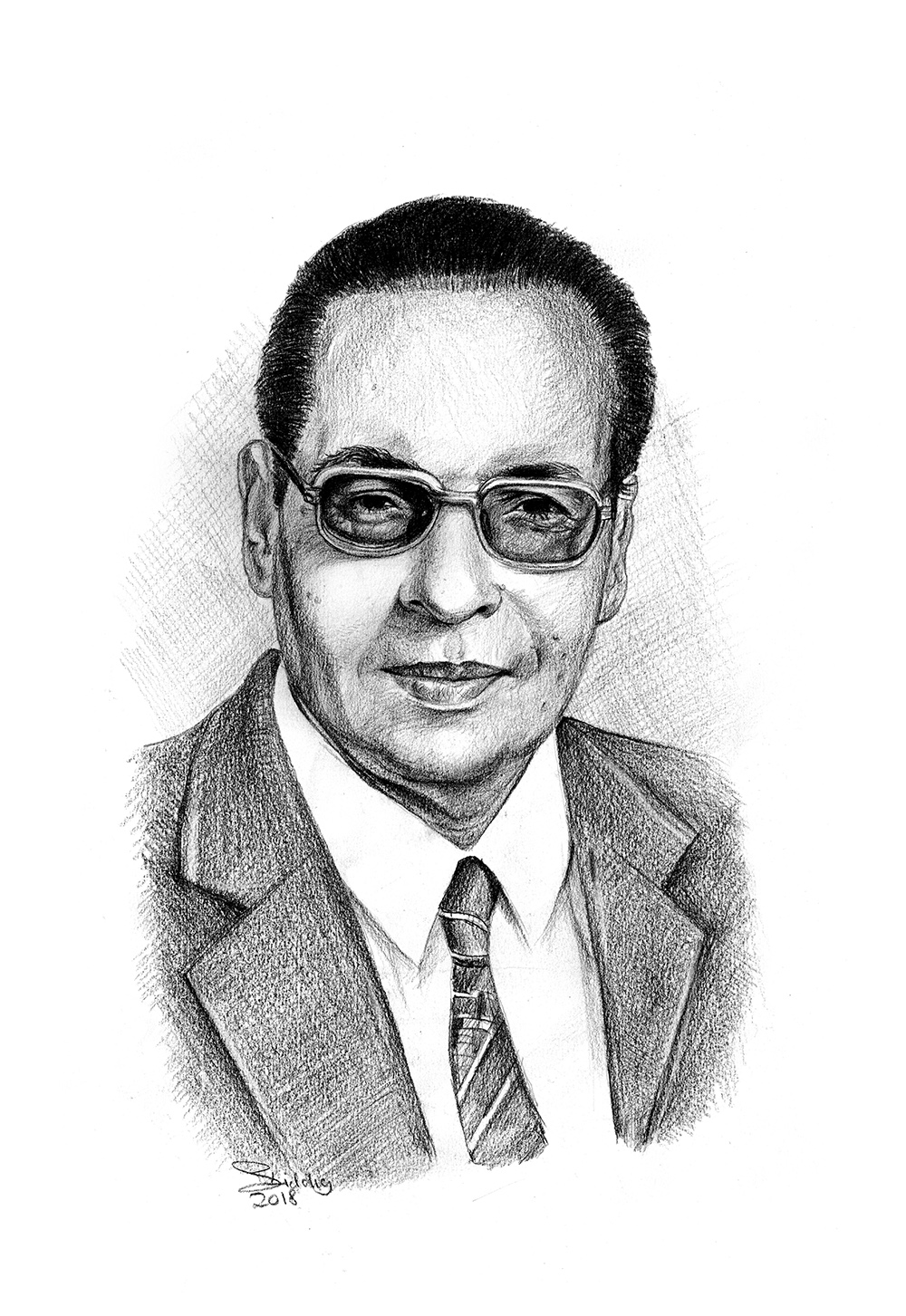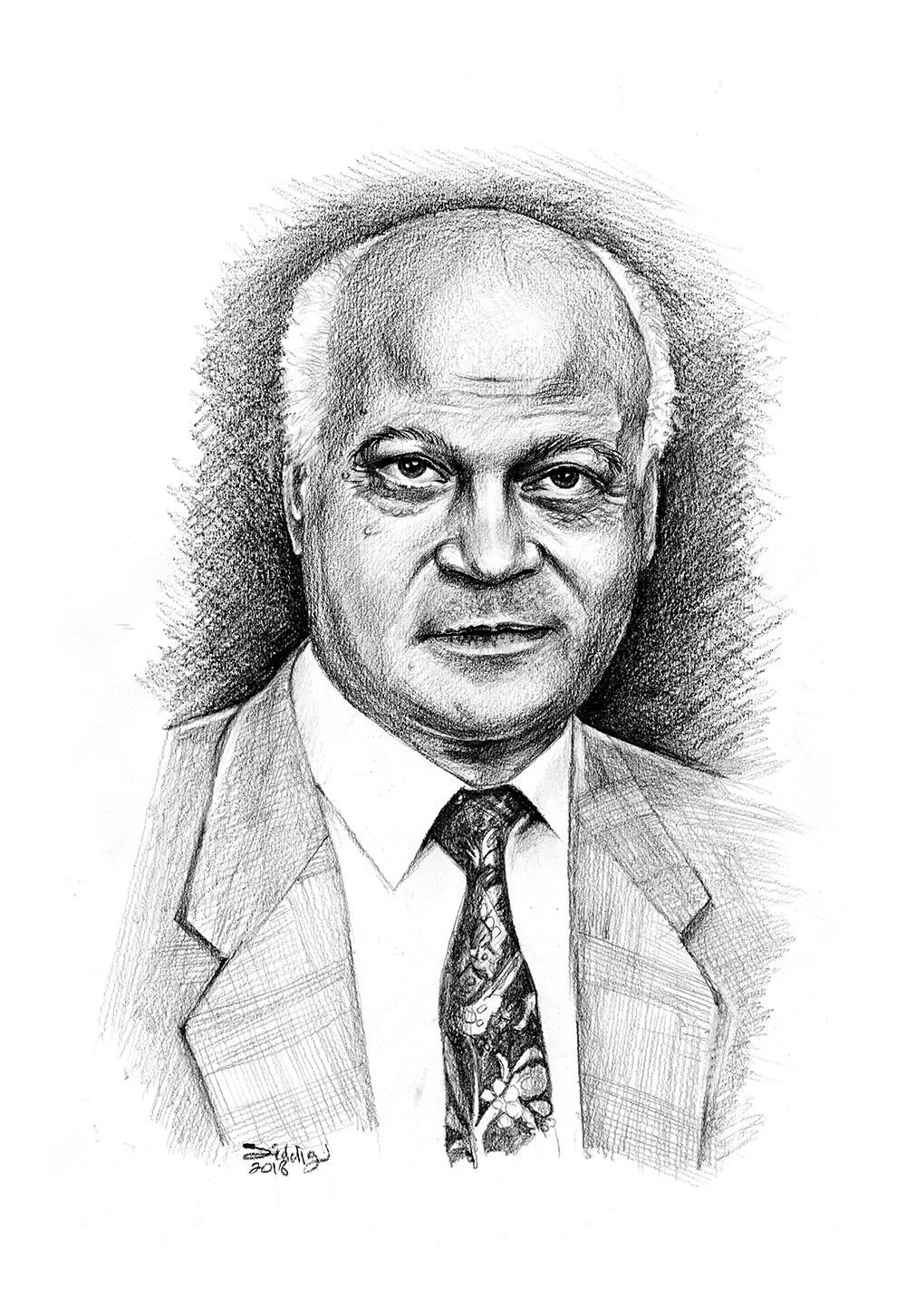Mansour Al-Hazmi received his general education in Makkah, Saudi Arabia. Then, he obtained a BA from Cairo University in 1958 and a Ph.D. in modern Arabic literature from the School of African and Oriental Studies at London University in 1966. He became a professor of Arabic Literature at King Saud University in Riyadh in 1978.
Professor Al-Hazmi’s research interests focus on the Arabic historical novel in general, in particular novels and short stories in Saudi Arabia. He authored or co-authored several books and articles in both areas. His academic career spans more than 40 years, during which he held different offices at King Saud University, including Deanships of the College of Arts and the University Studies Center for Women Students. He was also an appointed member of the Saudi Consultative Council.
He is a dynamic participant in cultural and intellectual activities in his country and abroad. He was the first editor-in-chief of Al-Adab, the official journal of the College of Arts at King Saud University, and a member of the editorial board of Al-Dara, a popular cultural magazine printed in Riyadh. He is also a member of the Riyadh Cultural Club, the Board of Trustees of Abd Al-Aziz Al-Babtain Prize for Arabic Poetry (Kuwait) and Saudi Arabia’s Supreme Committee for State Prizes in Arabic Literature.
This biography was written in the year the prize was awarded.

